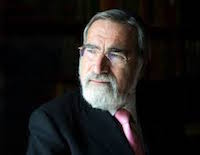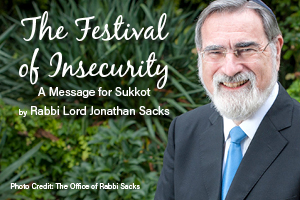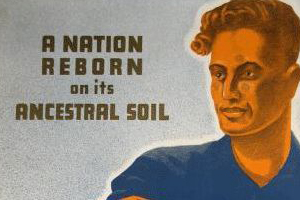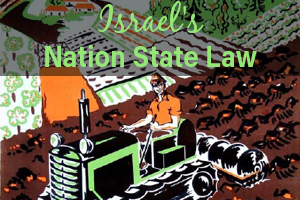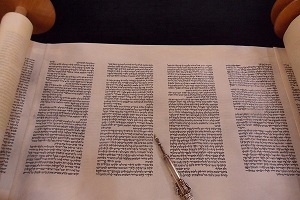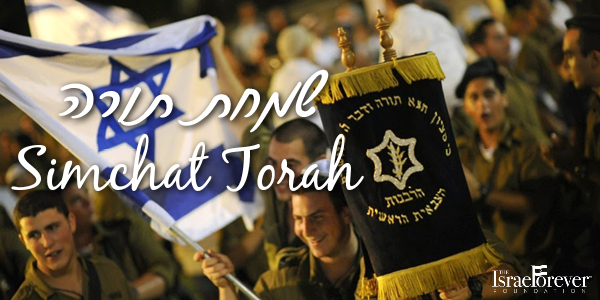The Children of Israel Dance with the Law
By Rabbi Lord Jonathan Sacks, Z"L
IMAGINE the following scene. The Lord Chief Justice, together with his senior judges, decide that law is a wonderful thing. They resolve to set aside a day each year to celebrate it. They write poems and compose songs in its honour. When the day comes, they each take a weighty tome — Halsbury’s Statutes would do nicely — and dance round the House of Lords, singing the songs and reciting the poems.
Whacky? Undoubtedly. Impossible? Probably. Yet this, more or less, is what Jews do at this time of the year, on the festival — we celebrated it yesterday — called Simchat Torah, literally “rejoicing in the law.” We take the scrolls of the Torah (the Law) from the holy ark and dance round the synagogue, singing love songs to God for His gift, His holy words. If you want to see the majesty and dignity of the law, go to an English court. But if you want to see the joy and exuberance of the law, go to a synagogue on Simchat Torah.
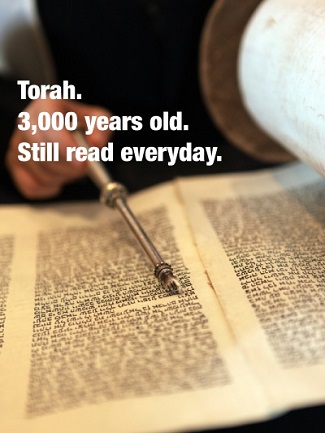
A Torah scroll is the nearest thing Judaism has to a holy object. Still written today as it was thousands of years ago — on parchment, using a quill, by a master-scribe — it is our most cherished possession. We stand in its presence as if it were a king. We dance with it as if it were a bride. We kiss it as if it were a friend. If, God forbid, one is damaged beyond repair, we mourn it as if it were a member of the family.
The Koran calls Jews a “people of the book”, but this is an understatement. We are a people only because of the book. It is our constitution as a holy nation under the sovereignty of God. It is God’s love letter to the children of Israel. We study it incessantly. We read it in the synagogue each week, completing it in a year. During the long centuries of Jewish exile, it was our ancestors’ memory of the past and hope for the future. It was, said the German poet Heinrich Heine, the “portable homeland” of the Jew.
Some Christians have found it hard to understand the Jewish love of law. To them it sometimes seems like an obsession with detail, the “letter” rather than the “spirit”. To us, though, it represents the idea that there is no facet of life that cannot be sanctified and turned into the service of God: eating, drinking, relationships, the workplace, the economy and our welfare system. God belongs to society as well as to the inwardness of the soul. Which is why we need law as well as love.
My earliest memories are of being brought to the little synagogue where my grandfather prayed. Being the youngest there — I was two at the time — I was given the honour of placing the silver bells on the handles of the scroll after it had been rewound before being taken back to the ark. Even then I sensed something mysterious and wonderful about this strange book that looked quite unlike any other. You could see the reverence everyone had for it. In a sense the entire history of Judaism is the story of a love affair between a people and a book.
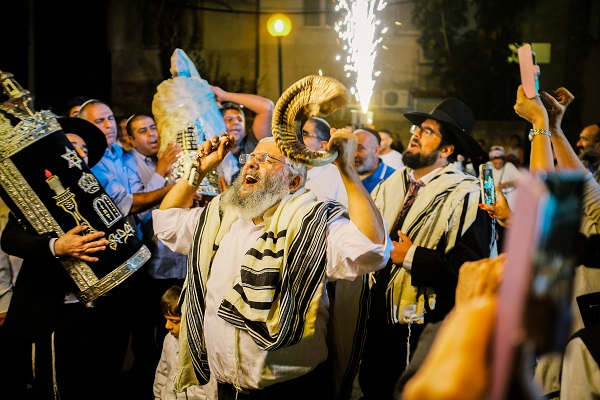
One of the most important thing religion does is to get us to celebrate things we would otherwise take for granted. That includes law. Usually, it is just there in the background. But as we have seen in Iraq, Sudan, and so many of today’s failed, failing or rogue states, it is not easy to create the rule of law. Yet without it, there is no freedom, justice or human rights. Law is humanity’s single greatest non-violent form of conflict resolution. That is why Jews saw law as the most precious gift of God, and why we still try to spend as much time as possible studying it.
Law tells us that we are all equal under the rule of justice, that might is subordinate to right, that everyone is entitled to a hearing, and that they will be treated fairly. Law insists that wrongdoing must be called to account, whoever practises it and whoever it is practised against.
When law rules, we have time and energy for higher things. When it fails, all that is left is misery and fear. Which is why, once a year, Jews dance with the Law. Perhaps it’s not so whacky after all.
(First published in The Times)
Recommended for you:
About the Author
